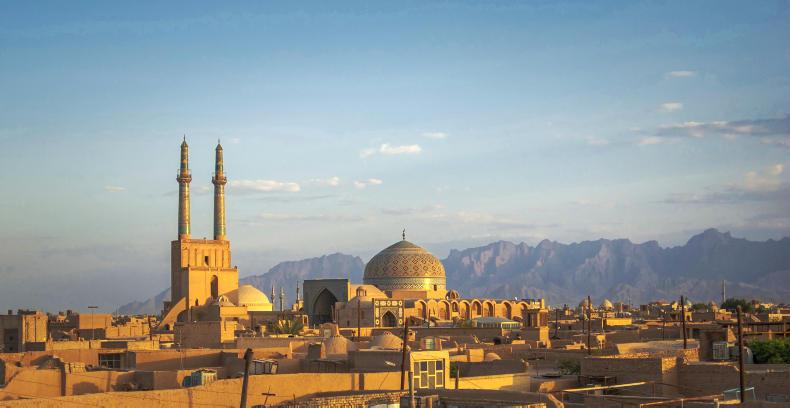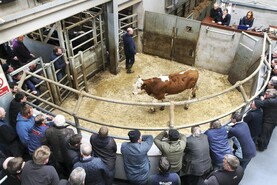EU agriculture commissioner Phil Hogan has wrapped up his six day visit to Saudi Arabia and Iran with a series of meetings with Iranian agriculture minister, Mr Hojjati, and Minister for Health, Mr Hashemi.
In what was a productive engagement, the Iranians have agreed to waive double certification for beef and sheep meat from EU Member States so that, in future, EU certificates would be sufficient for exports to Iran.
This is already available to some member states but in future will apply equally across the EU, and it is expected to be effective from early next year.
This will make it easier for Irish meat exporters to send beef and sheepmeat to Iran.
Additionally, they have agreed to review their ban on bone-in-beef imports from the EU, and the age limit on cattle at slaughter.
They will also reconsider the requirement that all beef exported to Iran from the EU come from cattle that are born, raised and slaughtered in the one-member state.
Iran is a country of 80m people with developing western tastes and has in the past been a significant market for Irish beef exports, reaching 125,000 tonnes at their peak.
In 2015, Ireland sold €3.6m worth of produce to Iran, mainly from the dairy sector.
Two-way trade
In turn, the EU side responded positively to a number of Iranian requests to facilitate Iranian exports to the EU.
These requests concerned approval of exports of trout, ostrich meat and horses. The EU is to now accelerating the process of authorisations so that exports can flow more freely in the near future.
The EU delegation also agreed a number of areas for technical cooperation and assistance in the agri-food sector, again in order to stimulate two-way trade.
Read more
Iran: the land of opportunity
Irish butter exports to Iran soar in 2016
EU agriculture commissioner Phil Hogan has wrapped up his six day visit to Saudi Arabia and Iran with a series of meetings with Iranian agriculture minister, Mr Hojjati, and Minister for Health, Mr Hashemi.
In what was a productive engagement, the Iranians have agreed to waive double certification for beef and sheep meat from EU Member States so that, in future, EU certificates would be sufficient for exports to Iran.
This is already available to some member states but in future will apply equally across the EU, and it is expected to be effective from early next year.
This will make it easier for Irish meat exporters to send beef and sheepmeat to Iran.
Additionally, they have agreed to review their ban on bone-in-beef imports from the EU, and the age limit on cattle at slaughter.
They will also reconsider the requirement that all beef exported to Iran from the EU come from cattle that are born, raised and slaughtered in the one-member state.
Iran is a country of 80m people with developing western tastes and has in the past been a significant market for Irish beef exports, reaching 125,000 tonnes at their peak.
In 2015, Ireland sold €3.6m worth of produce to Iran, mainly from the dairy sector.
Two-way trade
In turn, the EU side responded positively to a number of Iranian requests to facilitate Iranian exports to the EU.
These requests concerned approval of exports of trout, ostrich meat and horses. The EU is to now accelerating the process of authorisations so that exports can flow more freely in the near future.
The EU delegation also agreed a number of areas for technical cooperation and assistance in the agri-food sector, again in order to stimulate two-way trade.
Read more
Iran: the land of opportunity
Irish butter exports to Iran soar in 2016






 This is a subscriber-only article
This is a subscriber-only article










SHARING OPTIONS: